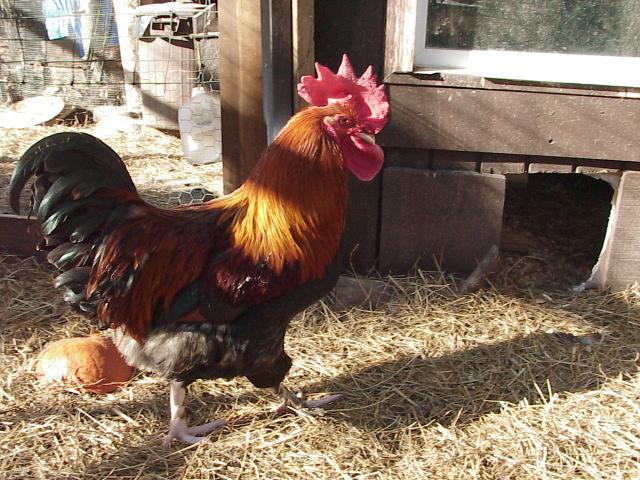Quote:
In my experience there is no such thing as too high. I have it literally running down the walls and seeping out from the bottom of the Sportsman, running out the bottom of the sealed door and I still have to help them out. For my next batch I might even try sitting them in a shallow tray of water - seriously - or at least on sopping wet towels or something. And we live in an area where it's naturally 100% humidity outside on any given day.
I would bump the humidity up as soon as I put them in the hatching tray - three days before hatch - then really get it up there once they start pipping. Because, in the story I told above about the 18 olive eggers I just lost, the water pan was empty the day before hatch. I discovered it on hatch day when some of them started pipping and I got the humidity way up. But when only 6 pipped and hatched and about 18 did not, I opened the eggs to find fully developed chicks dried up in the membrane - never having pipped or even gotten into the air sac. The problems I'm experiencing seems two fold - one, they pip and then the membrane immediately dries out and glues to them and their head glues to their body, and two - they seem too big for the shells and can't spin and zip.
Edited to add: When "helping" them out it's important to NOT help if there is any blood or bloody veins left in the membrane. If there are still bleeding veins, it's not time yet. I gently flick away a little bit of the shell around the pipped area if there has been no change in size of hole after several hours. I can then see the membrane. If it's dry and/or white, I wet it with warm water to see if the veins are still bleeding, if so, back it goes and I check after another few hours. After a couple of years of daily hatchings, you get the hang of when it's time to help and when it's not. But always STOP if you see blood.








